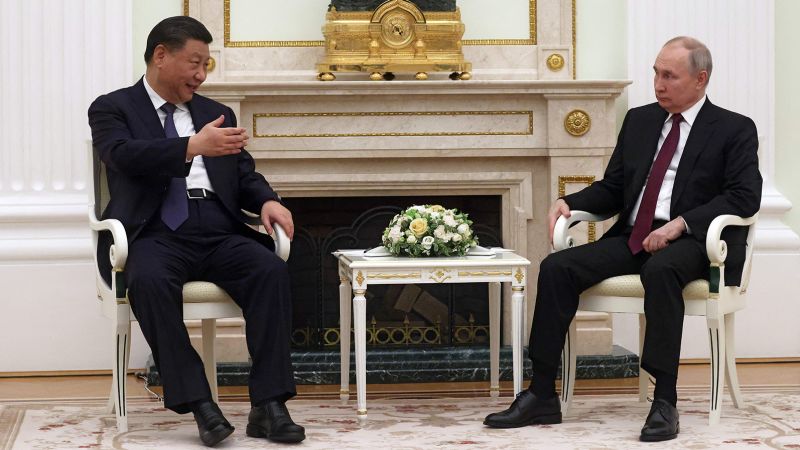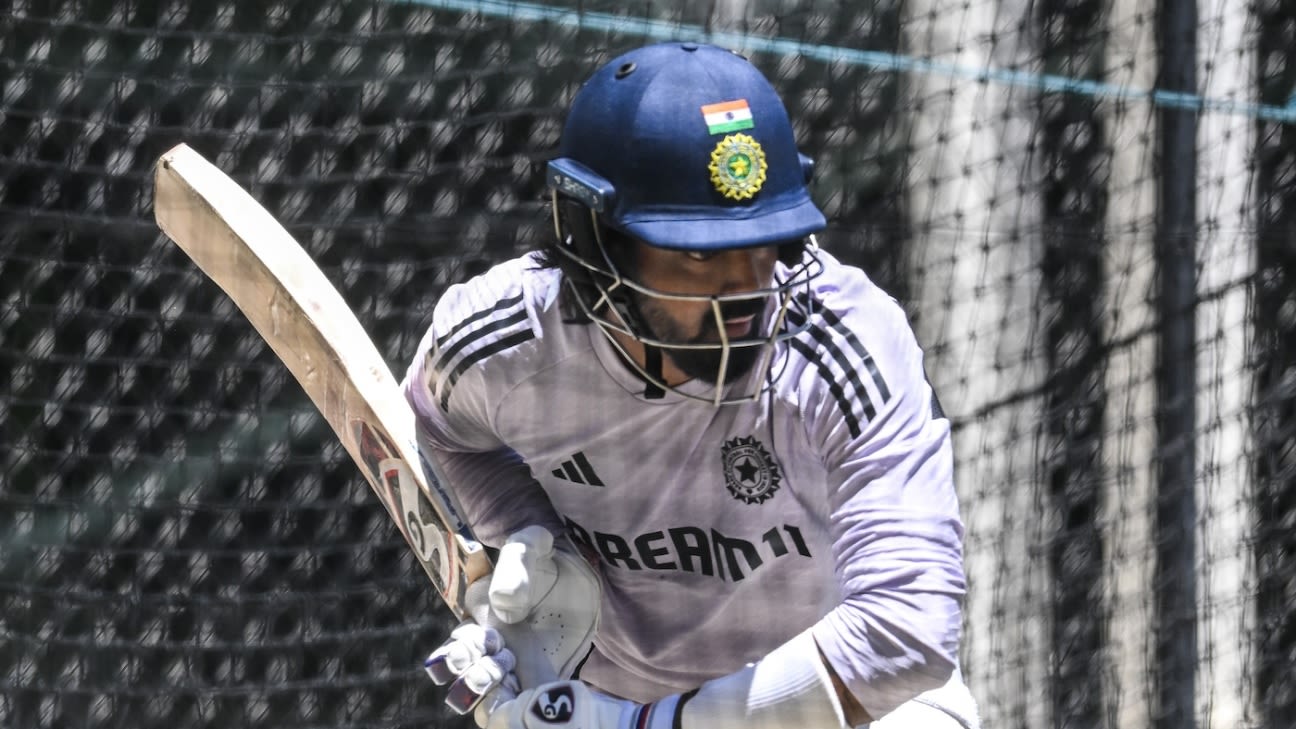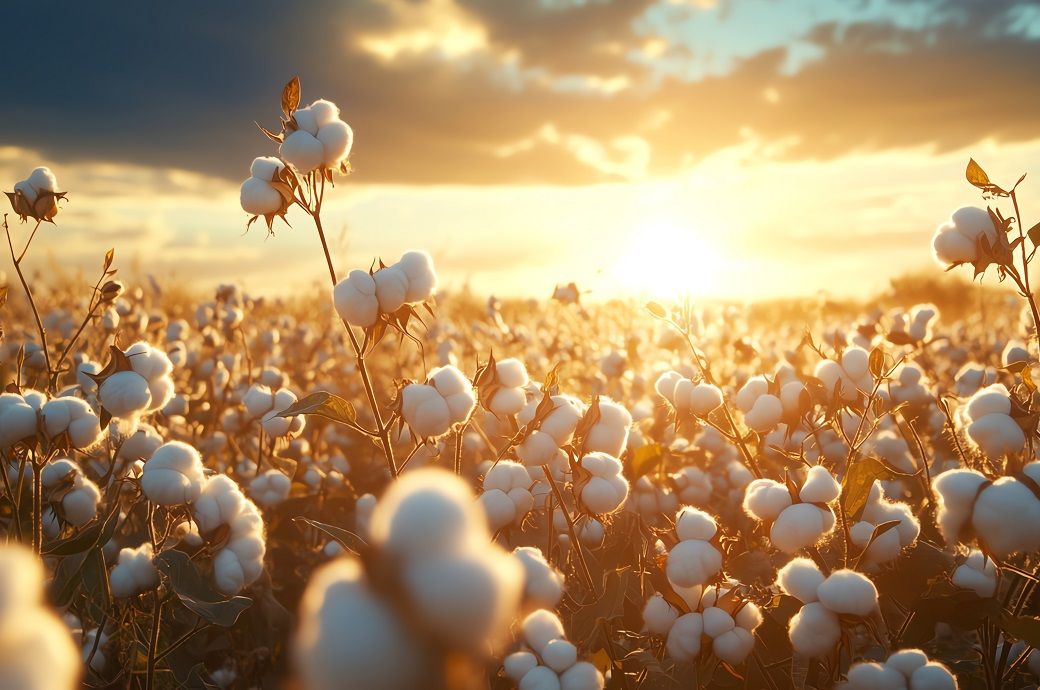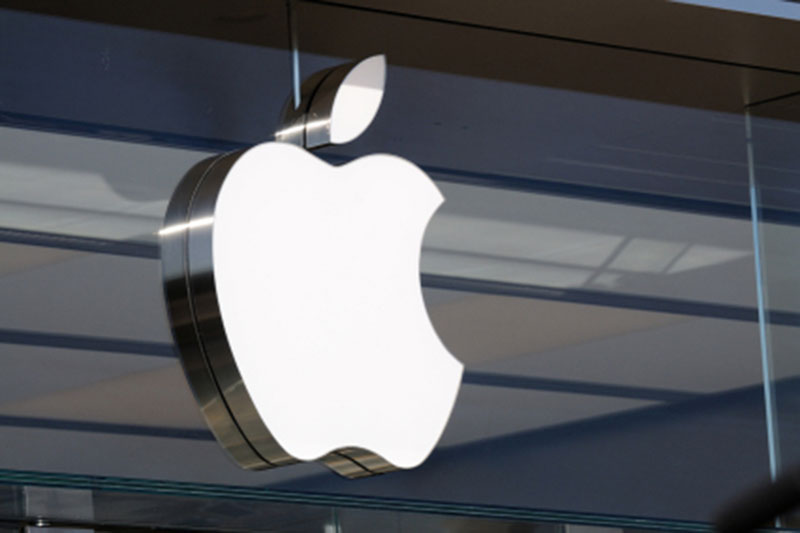Hong Kong
CNN
—
Xi Jinping sits down for a second day of talks with Russian President Vladimir Putin on Tuesday but Western allies remain skeptical of any breakthrough over the war in Ukraine with Washington saying the Chinese leader’s visit provides “diplomatic cover” for Moscow.
The first day in Russia for Xi was a carefully choreographed show of bonhomie with a brass band serenade, a photo op and lunch with his “dear friend” Putin – but it is the second day where the two leaders are set to get to work.
The key question of global interest hanging over the talks is whether any outcomes will impact the conflict in Ukraine, where Russia continues an onslaught that has triggered a mass humanitarian crisis and left tens of thousands dead.
China in recent weeks has attempted to portray itself as an aspiring broker of peace, calling for ceasefire and peace talks in a vaguely-worded position paper released last month.
Putin on Monday said Russia had “carefully studied” China’s proposals and promised “an opportunity to discuss this matter,” according to a Kremlin readout.
But there has been wide skepticism of China’s position on resolving the conflict, centered on concerns that nothing offered by Beijing so far reflects Ukraine’s demand that all Russian troops withdraw from its territory.
US Secretary of State Antony Blinken on Monday hit out at Xi’s visit, remarking that it came just days after the International Criminal Court in The Hague issued an arrest warrant for Putin.
“China feels no responsibility to hold the Kremlin accountable for the atrocities committed in Ukraine, and instead of even condemning them, it would rather provide diplomatic cover for Russia to continue to commit those very crimes,” Washington’s top diplomat said.
Any calls for a ceasefire “that does not include the removal of Russian forces from Ukrainian territory would effectively be supporting the ratification of Russian conquest” as it would “allow President Putin to rest and refit his troops, and then restart the war at a time more advantageous to Russia,” he added.
Ukrainian Secretary of the National Security and Defense Council of Ukraine Oleksiy Danilov also that day said on Twitter that the “successful implementation” of a Chinese “peace plan” must start with the “capitulation or withdrawal” of Russian forces from Ukrainian territory.
Xi’s visit to Moscow coincides with a surprise trip to Ukraine from Japanese Prime Minister Fumio Kishida to meet President Volodymyr Zelensky on Tuesday, reported by Japanese public broadcaster NHK.
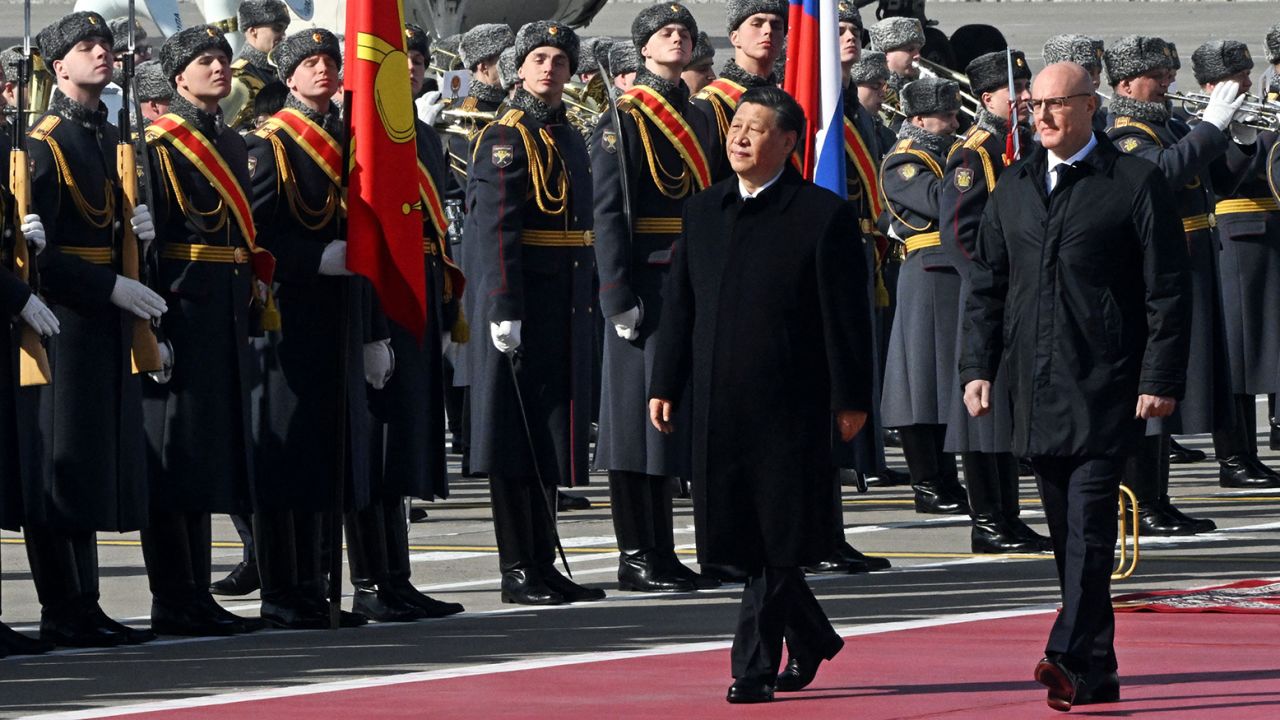
Even as the war looms over the talks, Tuesday discussions between the leaders and their senior officials may focus on issues closer to home, like security, joint diplomatic aims and trade.
China’s Foreign Ministry in a readout from Monday said both leaders looked forward to talks the following day drawing up “new blueprint” for China and Russia’s comprehensive strategic partnership of coordination “in the years to come.”
That bilateral relationship has grown increasingly close under the two authoritarian leaders, who have each recognized in the other a key partner and counterweight against what they see as a US-led world order – especially as tensions between each with the US has grown in recent years.
Their relations have become even more critical for Russia in the wake of its war, as far-reaching sanctions from countries across the world made it more reliant on willing trade partners like China.
Xi’s comments indicate that Beijing sees his visit to Moscow as a means to bolster the two countries’ ability to forge ahead with a world order that favors their own respective agendas.
On Monday at the Kremlin, the Chinese leader said developing relations with its “biggest neighbor” was a “strategic choice” on the basis of Beijing’s “own fundamental interests and the prevailing trends of the world.”
He called for the two countries to “strengthen coordination and collaboration on multilateral platforms such as the UN to boost their respective national development and rejuvenation,” according to a readout from China’s Foreign Ministry.
The meeting also provides an opportunity for China to further expand an economic relationship that has only grown more lopsided following Russia’s expulsion from the global financial system.
Last year, China’s imports of discounted Russian fuel surged – and deals around energy or economic cooperation are likely to be on the table Tuesday.
Chinese officials have attempted to walk a fine line since the Russian invasion, which was launched days after Xi and Putin declared a “no limits” partnership last February.
Since then, Beijing has claimed impartiality in the conflict, but echoed Kremlin rhetoric blaming NATO for the conflict, refused to condemn the invasion, and backed Moscow financially by significantly increasing purchases of Russian fuel.
Western leaders have closely watched for any signs that China is providing Russia with direct material support for its battlefront in Ukraine – since last month warning that Beijing is considering sending lethal aid to Russia.
China has denied this charge.
Regardless of any outcome related to the conflict resolution, Xi appears set to use the highly watched meeting as a platform to continue Bejing’s on-going bid to position of itself as a voice for peace and a responsible global player, in contrast to a US it sees as “fueling” the conflict through its support of Ukraine.
“Most countries support easing tensions, stand for peace talks, and are against adding fuel to the fire,” China’s Foreign Ministry quoted Xi as saying to Putin Monday. “China will continue to play a constructive role.”

